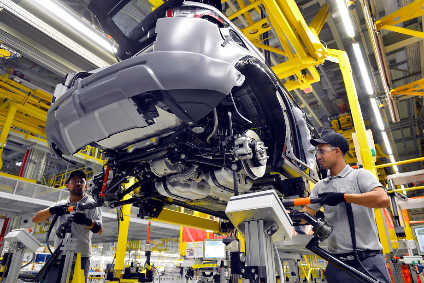
After negotiations over previous months, the governments of Brazil and Argentina concluded talks on sector trade within Mercosur late in June. Once again, the Brazilian position was for free trade, as predicted since 2000, but always postponed at Argentine negotiators’ request as this was seen to Brazil’s trade balance advantage. Several postponements followed and even a regime of reciprocal value quotas was set at one point.
The current regime, called ‘compensated or flexible’, has been in force annually since 2010 and always led to ill feeling between the players.
Under the latest accord just signed, the ratio of imports to exports shall not exceed 1.5 in a five year period to 30 June 2019 period. For each BRL1.5 exported from Brazil to Argentina in vehicles and auto parts, BRL1 shall be imported. And vice-versa.
Upon exceeding this quota goods are subject to the 35% import duty for non-Mercosur countries (there a separate trade accord with Mexico).
Last year’s downturn of the Brazilian market and the slight recovery in Argentina disturbed the balance somewhat and automakers in both countries would have been hit by import duty under the complicated temporary rule.
The burden would be quite heavy so the solution was extending the quota calculation interval to a five year average (2015-2019).
How well do you really know your competitors?
Access the most comprehensive Company Profiles on the market, powered by GlobalData. Save hours of research. Gain competitive edge.

Thank you!
Your download email will arrive shortly
Not ready to buy yet? Download a free sample
We are confident about the unique quality of our Company Profiles. However, we want you to make the most beneficial decision for your business, so we offer a free sample that you can download by submitting the below form
By GlobalDataIn the accord’s final year – to end in 2020 – the compensation ratio will climb to 1.7. Yet it will have to be agreed between both sides.
From then on, conditions allowing free trade are expected.



